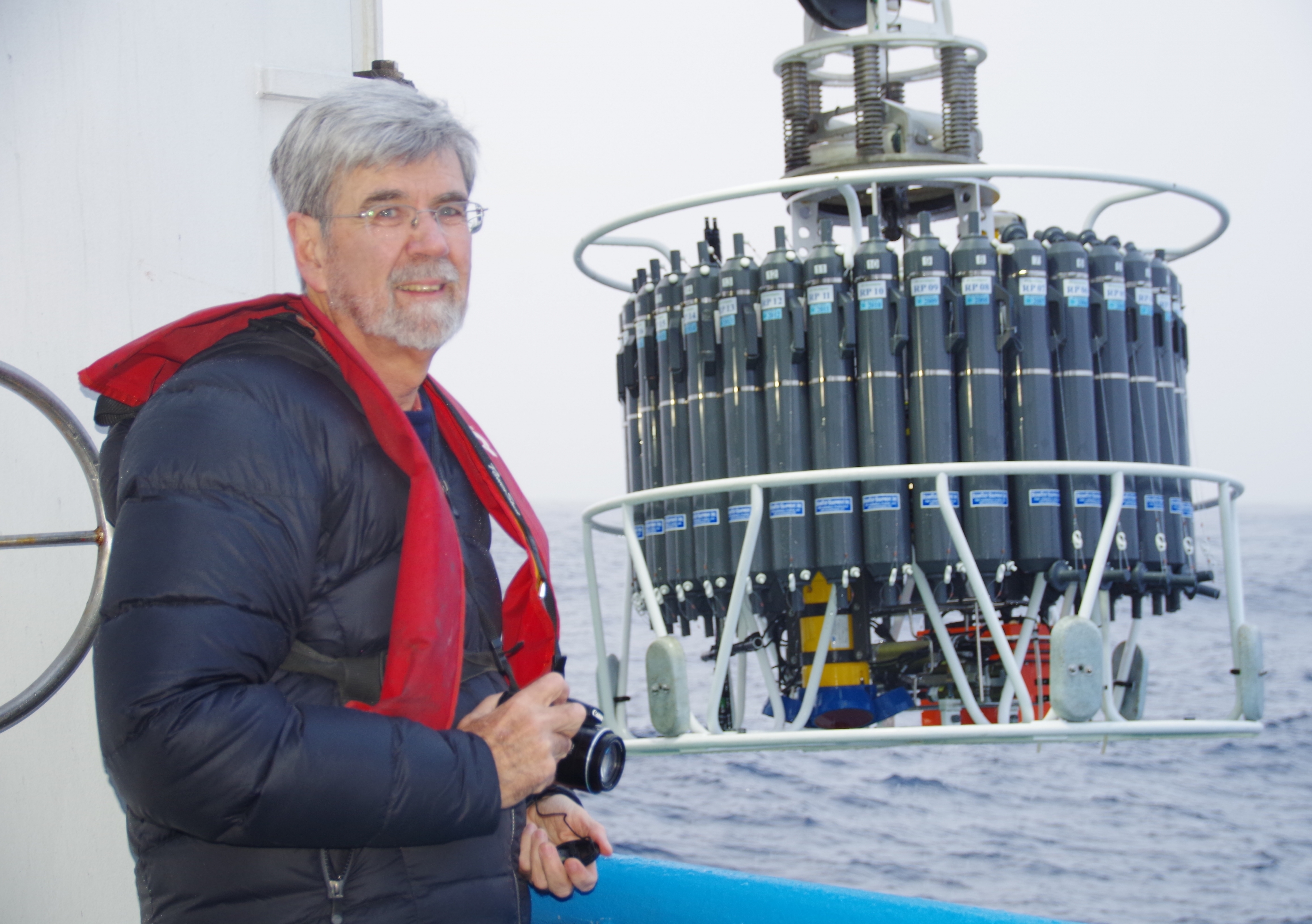A career dedicated to sea level research
Emeritus Professor John Church has been awarded the 2023 Prince Albert I Medal for his outstanding contribution to sea level research and insights into climate change.
Emeritus Professor John Church has been awarded the 2023 Prince Albert I Medal for his outstanding contribution to sea level research and insights into climate change.

The International Association for the Physical Sciences of the Ocean (IAPSO, opens in a new window) has honoured UNSW Sydney’s Emeritus Professor John Church with the 2023 Prince Albert I Medal.
Prof. Church of the UNSW Climate Change Research Centre, opens in a new window has been pivotal in our current understanding of sea level rise in the 20th and 21st centuries and how sea levels are influenced by both natural factors and human activities.
By examining historical sea level data dating back to the 1870s, he has uncovered fresh perspectives on how Earth's energy balance and the oceans' ability to absorb heat caused by human actions contribute to the rise in sea levels.
“It is a great but very unexpected honour. Just to be listed on the same page as previous winners of the Prince Albert I Medal is a great honour,” Prof. Church said.
UNSW Dean of Science Professor Sven Rogge congratulated his colleague on receiving the prestigious award.
“John’s research has deepened our understanding of the complex dynamics shaping our oceans and the impacts of climate change. This recognition is a testament to his unwavering commitment and achievements in sea level research,” Prof. Rogge said.
Prof. Church’s research has played a pivotal role in shaping the reports of the Intergovernmental Panel on Climate Change, opens in a new window (IPCC) Working Group 1 and in predicting the potential impact of sea level changes on the lives of more than 100 million individuals living within one metre of the current high tide levels.
“To avoid major sea level rise of metres over coming centuries, we urgently need to significantly mitigate our greenhouse gas emissions. But we cannot avoid all sea level rise, so we will need to adapt,” Prof. Church said.
Climate, Prof. Church said, is what attracted him to studying the ocean.
“I first heard about sea level projections during a talk from Dr Graeme Pearman. I thought these could not be right, so I sat down to do my own research and publish a paper on projected sea level rise. This led to my selection as an IPCC lead author on sea level rise. I learnt a lot during this process and saw that we could do a lot of things better than was then published in the literature.”
Prof Church’s biggest research achievements have included estimates of global mean sea level from the 19th century to the present, the first detection of the acceleration of sea level rise, progress in satisfactorily explaining the reasons for 20th century sea level rise and attributing recent sea level rise to anthropogenic climate change.
His current research focuses on continuing to improve our understanding of historical and projected sea level rise.
IAPSO is an international scientific association that focuses on advancing the knowledge and understanding of physical aspects of the oceans and their interactions with the Earth system. It serves as a platform for collaboration and exchange of scientific information among researchers, educators and professionals working in the field of physical oceanography.
The Prince Albert I Medal is named in honour of the late Prince Albert I of Monaco who, in 1919, organised the Oceanography Section of the International Union of Geodesy and Geophysics. IAPSO awards the medal biannually.